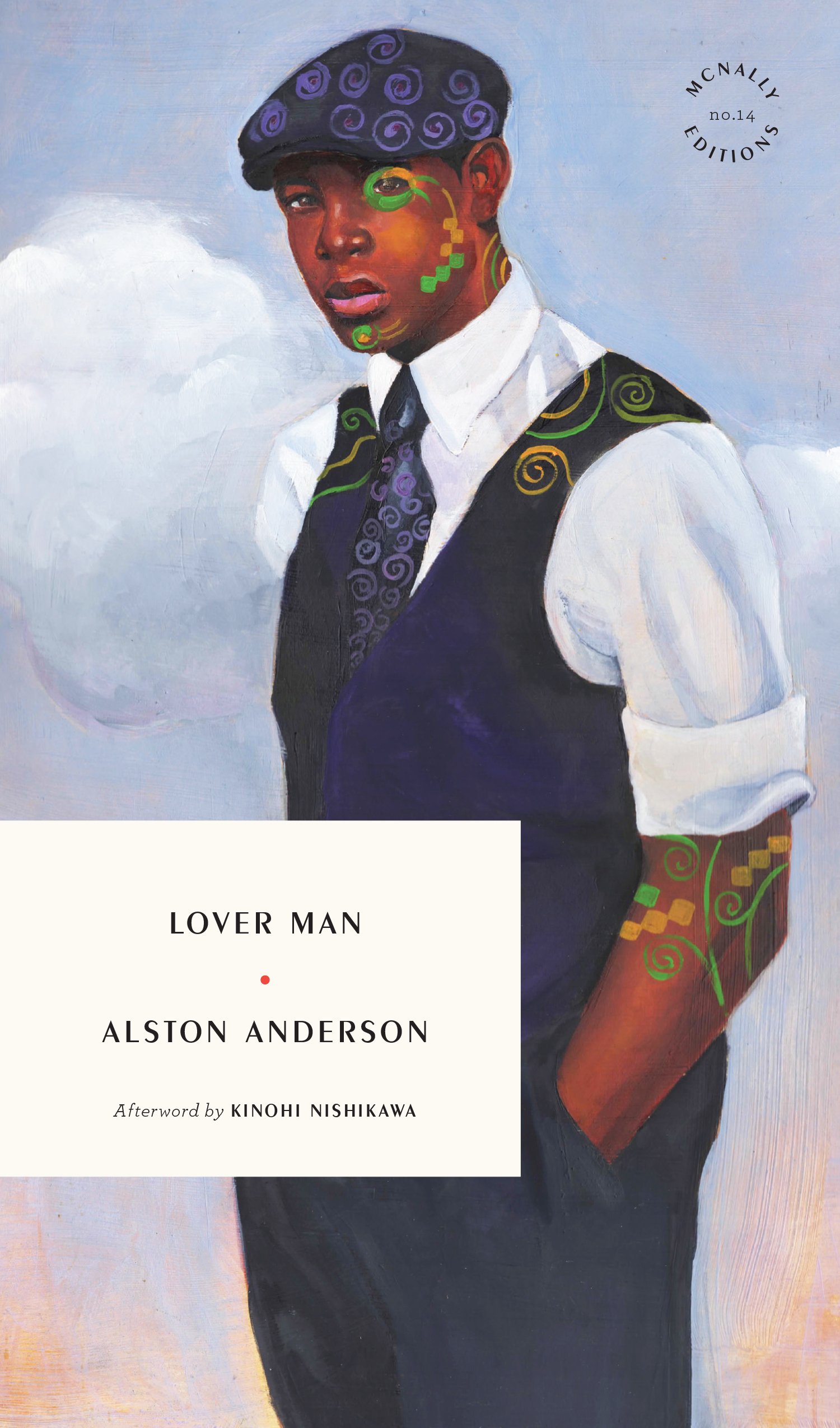“Can’t sleep tonight. Was lying in bed reading the biography of a great man whose genius deserted him . . . The genius who deserted me was you.” In a series of late-night letters, gorgeous, funny, filled with memory, sensuality, and regret, a seducer calls across the years to the great love of his youth: an older, revered expatriate known, in his adoptive city, as the King of Naples. As the narrator evokes their affair, in scenes of beauty and remorse, his memories range over the men who came after and before, especially the seductive father who still haunts his erotic imagination.
First published in 1978, before the trilogy of frankly autobiographical novels that made him famous, Nocturnes for the King of Naples reveals Edmund White at his most poetic, playful, and evocative, a magician on the level of James Salter, James Merrill, or Vladimir Nabokov.
“Artful vignettes from a life passed between Bohemian and cafe societies, in Italy and Spain, on a decaying American estate, on the New York piers . . . It is exquisite prose, gooey and fantastic as Italian pastry, mounds of it, piled on prodigally. Elegant plays on words abound . . . Proust, for a possible comparison, piled phrase upon phrase . . . Mr. White [is] a similar virtuoso . . . Nocturnes is a set of delicious . . . prose poems by a writer of great talent and high art.”
—John Yohalem, New York Times
A “near perfect poetic effusion disguised as a novel, [written] in the voice of a younger man who rejects a sophisticated, well-traveled, and widely-admired older lover.”
—Nick Radel, Gay and Lesbian Review
“Nocturnes for the King of Naples . . . is a confessedly baroque novel, a sequence of highly wrought addresses to an absent male lover . . . White at this time, like other gay artists before him, treasured the baroque aesthetic for its moral ambivalence, for making ‘little distinction between ornament and substance’—feelings hidden in digressions, in the expressive uncurling of a metaphor.”
—Alan Hollinghurst
“The most gorgeous evocation I have ever read of the 1970s gay male nighttown at New York’s old rotting piers, a twisted, rusting, metallic ruin of anonymous sex and unexpectedly sublime tableaus. I wanted to go there . . . an abundant, carnal and glittering place, populated by fearless, libidinal aesthetes.”
—Stacey D’Erasmo, New York Times Book Review
“There are few novels which defy reviewing. They are the ones that provide us with unique reading experiences, which become valuable additions to understanding of the world and ourselves. Edmund White’s new novel is one of these . . . Some of the finest writing to be found in recent American fiction.”
—Doris Grumbach, Washington Post Book World
“A baroque invention of quite startling brilliance and intensity.”
—Gore Vidal
“A long, soliliquous address—craftily modulated into different moody keys and directed to a dead, charismatic, anonymous lover whom the narrator had the callowness and bad fortune to throw over for someone else . . .Witty and cultured.”
“White’s disarmingly gorgeous prose everywhere works transformations . . . Banal gestures become lavishly, ravishingly beautiful, making drama of perception . . . Some of the book’s mysteries remain unsoundable, at least for me, which is a quality I prize: one can return again and again, to the inexhaustible text . . . This edition provides an opportunity for a new and better reading of White’s second novel, one that sees its importance not just as an historic record or an essential document of a crucial career, but as a psychological study of complexity and depth, and a stylistic performance of an immaculacy seldom achieved.”
—Garth Greenwell, from the Foreword
Praise for Edmund White
“Edmund White is one of the best writers of my generation; he’s certainly the contemporary writer I reread more than any other, and the one whose next book I look forward to reading the most.”
—John Irving
“White is unquestionably the foremost American novelist.”
—Newsweek
“[White] is the unquestioned master of nailing down a time, a place, a mood, and its walking, talking, erring, outrageous denizens.”
—Christopher Bollen, Interview Magazine
“One of the most brilliant and distinguished authors at work in America today.”
—Patrick McGrath
“Edmund White is one of the three or four most virtuosic living writers of sentences in the English language.”
—Dave Eggers
“One of America’s outstanding prose writers today, a master of language and imagination.”
—Jordan Elgrably, Paris Review
Edmund White (1940–2025) was the author of many novels, including the autobiographical trilogy A Boy’s Own Story, The Beautiful Room Is Empty, and The Farewell Symphony; biographies of Jean Genet, Marcel Proust, and Arthur Rimbaud; as well as memoirs, short stories, and criticism. In 1977 he co-authored The Joy of Gay Sex. He was an Officier de l’Ordre des Arts et des Lettres.
Garth Greenwell is the author of What Belongs to You, Cleanness, and Small Rain. A Guggenheim Fellow and recipient of the Vursell Award for prose style from the American Academy of Arts and Letters, he is a Distinguished Writer-in-Residence at NYU.
Nocturnes for the King of Naples • Paperback ISBN: 9781946022660
Jun 4, 2024 • McNALLY EDITIONS no. 11
5" x 8.5" • 144 pages • $18.00
eBook ISBN: 9781961341074











